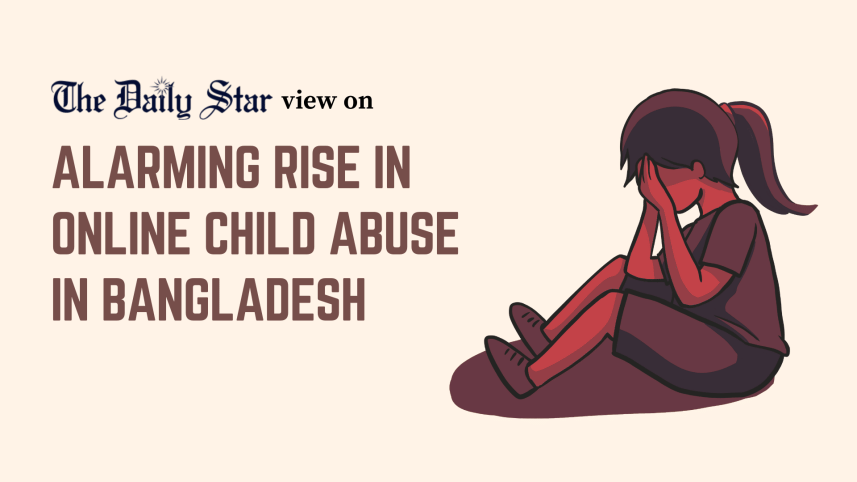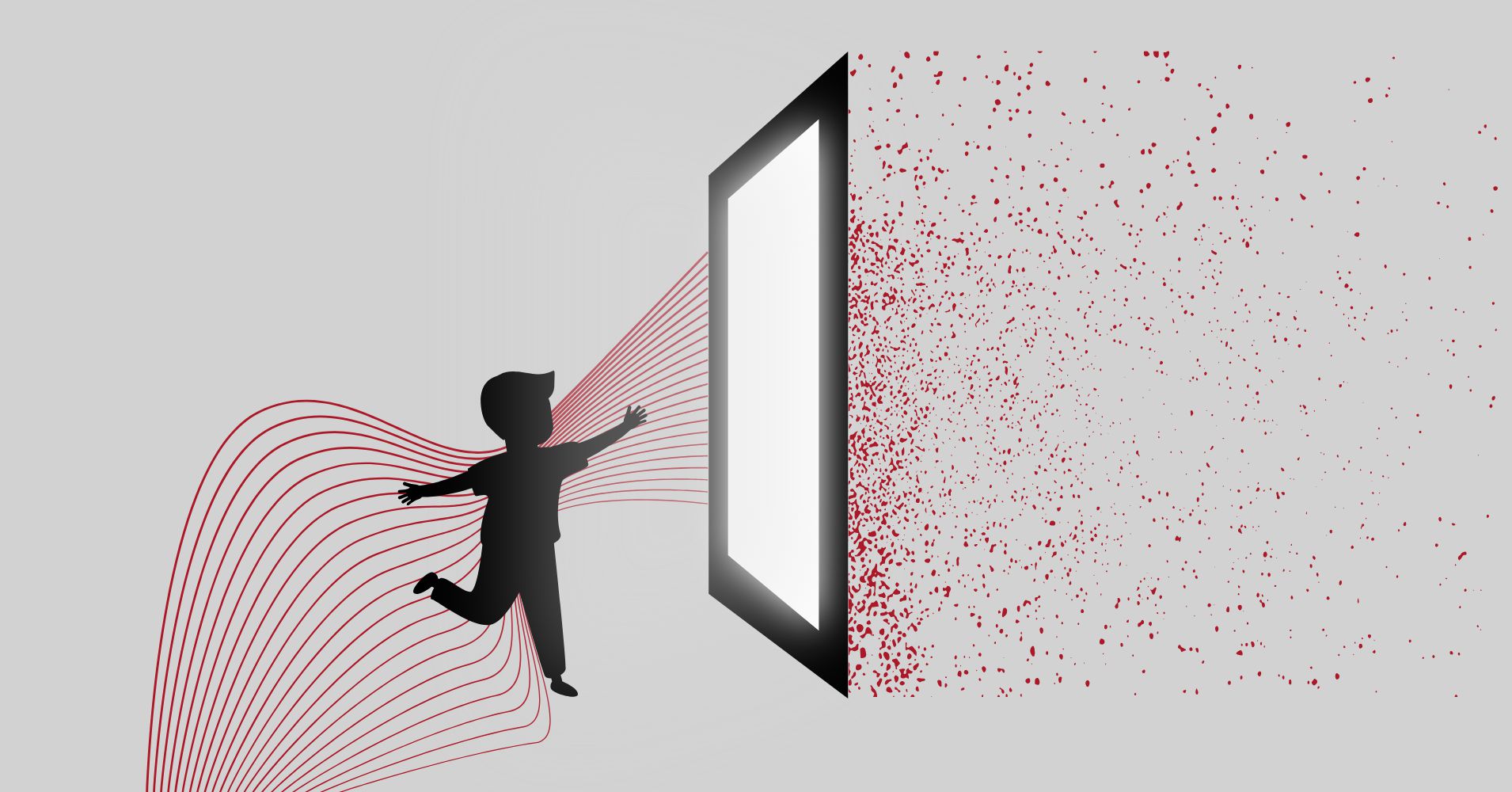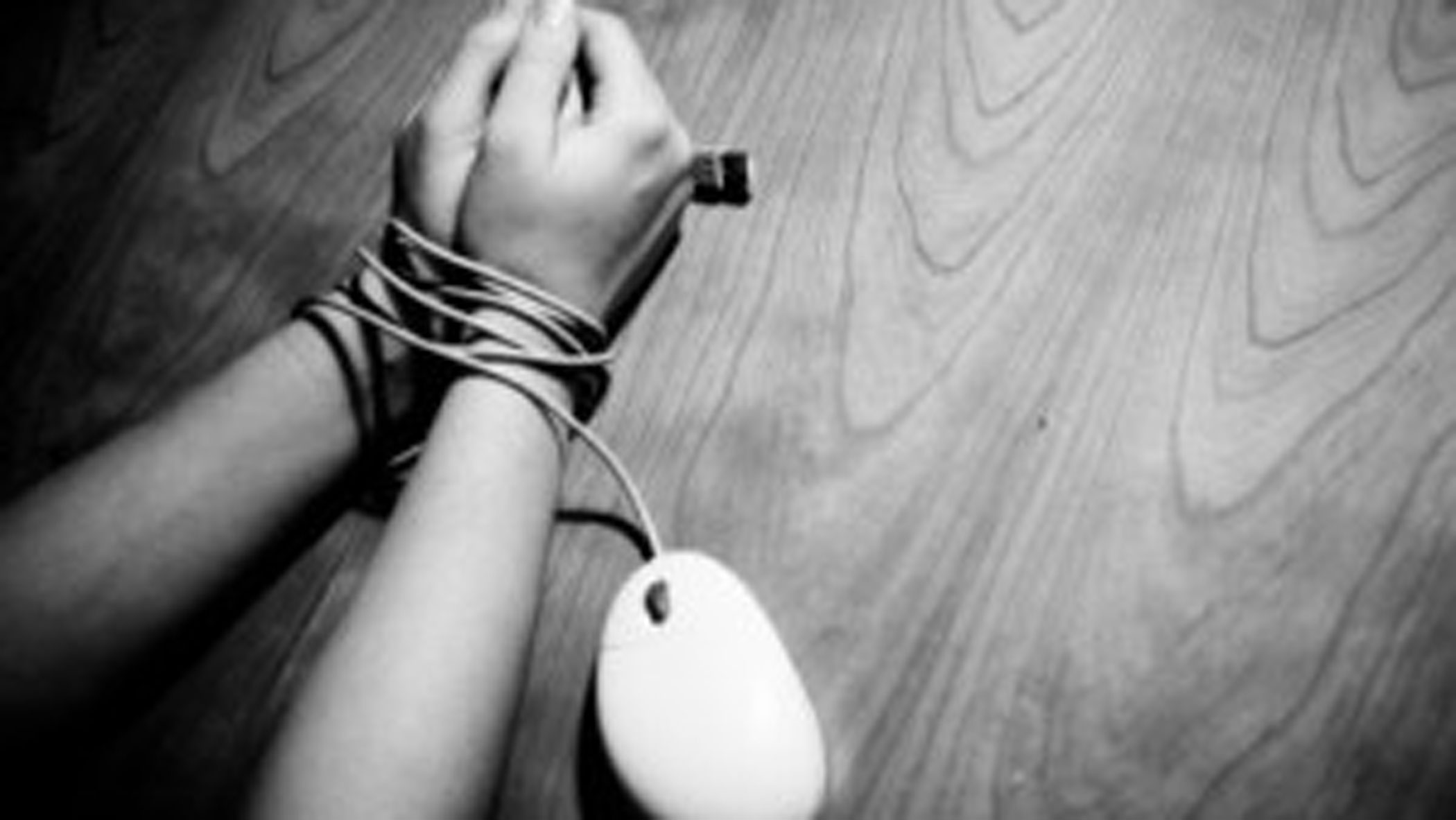We must protect children from online abuse

There is no denying that many children in Bangladesh face violence and exploitation at home or outside. But how many of us are aware that they can be equally unsafe in online platforms as well? In 2023, the US-based non-profit National Center for Missing & Exploited Children (NCMEC)'s CyberTipline received more than two million reports related to the upload of child sexual abuse material from Bangladesh alone. This is quite staggering and alarming.
Such materials often end up on the internet when children and parents, unaware of the risk of posting personal data online, share images and videos without proper security measures. Referring to global data by the Internet Watch Foundation, a Prothom Alo report said that 92 percent of the 275,652 websites containing child sexual imagery found by the organisation last year contained self-generated imagery. Of that, 55 percent were created by children aged 7 to 10 years.
In Bangladesh, internet and social media literacy among parents is often low, so they may remain in the dark about who their children are interacting with online and what material they are posting. Online predators can fish for children's profiles, collect personal data, and use it to entice, stalk, harass, blackmail and exploit them. Because of the social culture of victim blaming, children may not even share the ordeals they face online with an adult. Parents, on the other hand, may not report such abuse because of the existing barriers in our legal system. Therefore, a concerted effort by the government, parents, NGOs, law enforcement agencies, and educational institutions is needed to protect children from sexual exploitation.
The government, with the help of grassroots non-profits, must conduct campaigns to raise awareness about such abuse. Information about online risks and safe internet use should be properly included in the curriculum. We also need to encourage children's participation in off-line activities for which more parks and playgrounds are a must. Moreover, parents' involvement in children's social and online life should be increased. Legal loopholes enabling online predators and paedophiles must also be removed, so that people feel comfortable about reporting threats against children and using the existing helplines to their full capacity. Finally, we must denounce sexual objectification of children in visual media and reality shows so that children are not influenced by it.



 For all latest news, follow The Daily Star's Google News channel.
For all latest news, follow The Daily Star's Google News channel. 


Comments